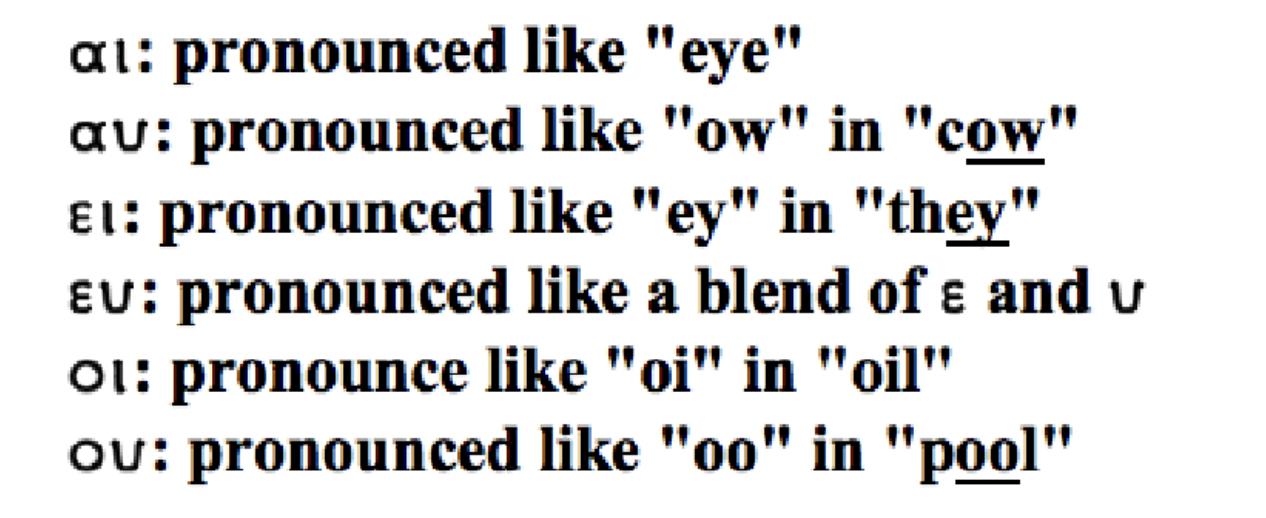Unit 2 (Classics 30)
1/54
There's no tags or description
Looks like no tags are added yet.
Name | Mastery | Learn | Test | Matching | Spaced |
|---|
No study sessions yet.
55 Terms
Adjective
Answers “How many” “Which one” “What kind”
Modified or describes nouns.
What is the morphological test for adjectives?
Can it be given -er or -est to show more or most?
What is the syntactical test for adjectives?
Do they fit between a noun marker and its noun or after seems?
Adverb
A word that modifies or describes a verb, adjective, or another adverb.
What is the test for adverbs?
There is no morphological or syntactical test, but it describes “how, when, and where” an action takes place.
Head
The main part of a certain phrase.
“The fast runner” → the head is runner
Intransitive verb
A verb with no object receiving the action.
Modifier
The one which describes, limits, or restricts a word.
“the fast runner” → fast is the modifier
Noun
A person, place, thing, or idea.
What is the morphological test for nouns?
Can you make it plural, usually by adding a -s ending?
What is the syntactical test for nouns?
Does it come after a certain noun marker? → a, many, that, those
What is a morphological test?
Does it change form?
Noun marker
A, the, those, that…
Noun modifier
It is a noun in a modifier spot.
Ex: “The horse race” → Horse is the modifier but it is a noun
Number
Refers to singular or plural for nouns
Object
Something receiving the action in the sentence.
“I ate pie” → pie is the object
Past tense
An action that happened in the past.
Phrase
Group of words, usually a noun marker, modifier, and a noun head.
Present tense
An action that is taking place in the presence
Transitive verb
A verb that acts on an object in the sentence.
Verb
An action
What is the morphological test for verbs?
Can it change tenses?
What is the syntactical test for verbs?
There is none
When are nasalized gammas used? And what is a nasalized gamma?
If it becomes before a kappa, chi, or xi.
Sounds like “-ng”
Difference between π and φ
π → w/o breathe → sounds like a p
φ → with breathe → sounds like an f
Difference between tau and theta.
Tau → T sound
Theta → Th sound
Difference between chi and kappa
Kappa → k sound → without breath
Chi → ch sound → w/ breath
What is a breathing?
It is a little apostrophe over the beginning vowels.
If it goes to the left ‘ → ignored in pronunciation
If it goes to the right → the word begins with an “h” sound
What is a diphtong?
It is a double vowel sound blended into one.

Prepositions
Small words that are places before a noun/pronoun
noun + preposition = prepositional phrase
Conjunctions
Join two things together
Coordinating conjunctions: join things of the same level
it can be nouns (compound subject) or verbs (compound verb) or sentences (compound sentences)
English’s Coordinating Conjunctions
For
And
Nor
But
Or
Yet
So
Alchemy
Language of Origin: Arabic, Greek, or Egyptian
Etymological meaning” The Egypt or the poured thing”
Modern meaning: Medieval Chemistry
Pandemonium
Language of Origin: Greek and Latin
Etymological meaning: All evil spirits
Modern meaning: Wild confusion
Lunatic
Language of Origin: Latin
Etymological meaning: Moon Struck
Modern meaning: Person of unsound mind
Punch
Language of Origin: Sanskrit
Etymological meaning: Five
Modern meaning: Type of mixed drink
Decimated
Language of Origin: Latin
Etymological meaning: Destruction by one-tenth
Modern meaning: Destroy a large number of
Stationary
Adj. meaning standing without moving
Stationery
N. Writing materials
Conservatism
Belief that it is best not to make changed
Conservation
Preservation of natural resources
Rout
Crushing defeat and a disorderly retreat
Route
Way that is rough and broken
Pro tempore
Temporarily
Word-by-word translation: for the time [being]
Ex officio
By reason of one’s office
Word-by-word translation: Out of duty
Magnum opus
Great work
Persona non grate
Unacceptable person
Ex Cathedra
From the seat of authority
Word-by-word translation: From the chair